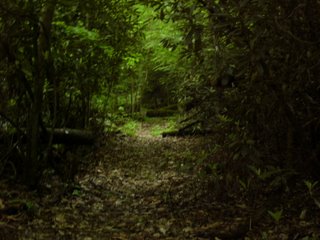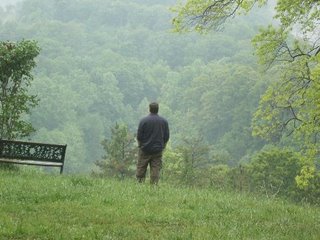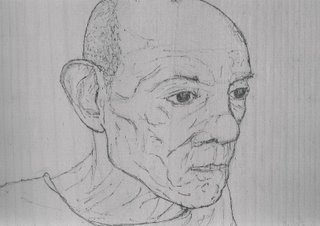My dissatisfaction made me more sensitive to the general unhappiness of this season. The quiet discontentedness of people I see in my office in December is overwhelming. One patient put it bluntly: “Christmas is depressing.”
 This unhappiness is not due to the materialism that ads try to sell each holiday. Not one of my miserable patients was obsessed with presents or possessions. It is the wholesome things about Christmas that create the misery: the peace, joy, and family happiness. None of these things happen much in real people's lives.
This unhappiness is not due to the materialism that ads try to sell each holiday. Not one of my miserable patients was obsessed with presents or possessions. It is the wholesome things about Christmas that create the misery: the peace, joy, and family happiness. None of these things happen much in real people's lives.Against this shinny myth of merriness real holidays seem so ugly. Modern Christmas is a microcosm of our American Dream: an expectation that harmony and happiness will always be our natural state. As a result we are miserable when we discover that our own lives and families fall short of our expectations. Materialism never destroyed the wholesome holidays. Ravenous buying is the degrading way we seek consolation once we realize the “perfect Christmas” we hoped for was a lie.
If we expected Christmas to be merry it is because we misunderstood the celebration. Christ was born because we are always so far away from hope and wholeness. Even the most jolly of families hides flaws, cruelty, and contradiction. These blemishes are most obvious when we try to manufacture a joyful occasion. Christ was born on Christmas day to save us from ourselves. We should rejoice because he came. We rejoice because He died for us, not because we imagine our lives or families to be anything worth celebrating in themselves.

















